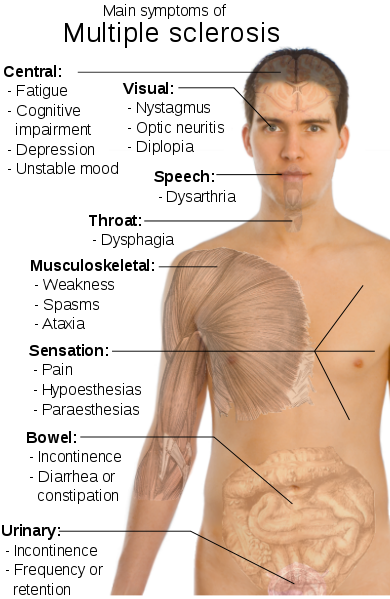
The hepatitis C virus is usually detectable in the blood within one to three weeks after infection, and antibodies to the virus are generally detectable within 3 to 12 weeks. Approximately 15-40% of persons infected with HCV clear the virus from their bodies during the acute phase as shown by normalization in liver function tests (LFTs) such as alanine transaminase (ALT) & aspartate transaminase (AST) normalization, as well as plasma HCV-RNA clearance (this is known as spontaneous viral clearance). The remaining 60-85% of patients infected with HCV develops chronic hepatitis C, i.e., infection lasting more than 6 months.
Hepatitis C is one of five currently identified viruses–hepatitis A, B, C, D, and E–all of which can attack and damage the liver. Widely viewed as one of the most serious of the five, the hepatitis C virus (HCV) is spread primarily through contact with infected blood and can cause cirrhosis (irreversible and potentially fatal liver scarring), liver cancer, or liver failure. Hepatitis C is the major reason for liver transplants in the United States, accounting for 1,000 of the procedures annually. The disease is responsible for between 8,000 and 10,000 deaths yearly.
Symptoms of Hepatitis C
At the beginning of an hepatitis C virus infection, only about 25% of patients exhibit the characteristic symptoms of acute (rapid onset) hepatitis. These symptoms include fatigue, muscular aches, poor appetite, and low-grade fever. Rarely, yellowing of the skin and/or eyes (jaundice) also occurs. However, most patients (about 75%) experience minimal or no symptoms at the onset of hepatitis C virus.
Most patients with hepatitis C do not experience symptoms. if they appear at all, symptoms develop about 1 – 2 months after a person is infected. Symptoms of progressive chronic viral hepatitis may be very subtle. In some patients, itchy skin is the first symptom. Overall, fatigue is the most common symptom. many patients do not experience any symptoms at all.
A minority of people have symptoms during the early acute phase of the infection. These symptoms typically develop 5-12 weeks after exposure to HCV. Some people describe the symptoms as being flulike. The symptoms may last a few weeks or months.
If the infection has been present for many years, the liver may be permanently scarred — a condition called cirrhosis. In many cases, there may be no symptoms of the disease until cirrhosis has developed.
Causes of Hepatitis C
A small number of babies born to mothers with hepatitis C acquire the infection during childbirth. Mother-to-infant transmission rates are higher among women infected with both hepatitis C and HIV. Talk with your doctor about these risks before becoming pregnant.
Hepatitis C can cause damage to your liver, even if you don’t have symptoms. You’re also able to pass the virus to others without having any symptoms yourself. That’s why it’s important to be tested if you think
IV drug use appears to be the most common mode of HCV transmission, accounting for 50 percent or more of infections. Sharing drug needles or having received a tattoo from an unclean needle are also risk factors. Sexual transmission is less common than with hepatitis B. Maternal transmission of HCV infection has been demonstrated, but the incidence appears to be low (about 2-5 percent).
Transfusion with infected blood or blood products, hemodialysis, or transplantation of organs from infected donors was once a common mode of transmission but is now rare.